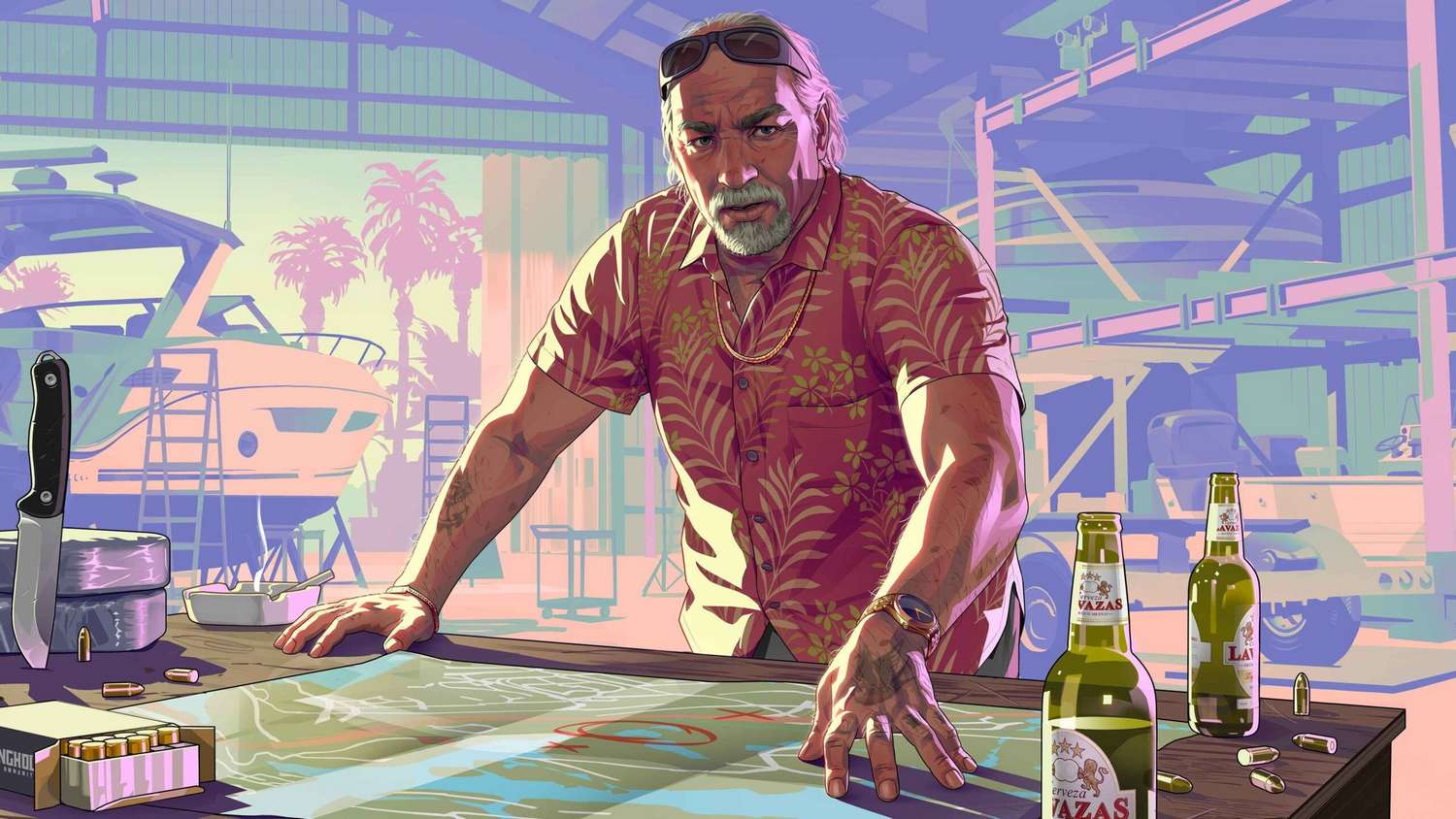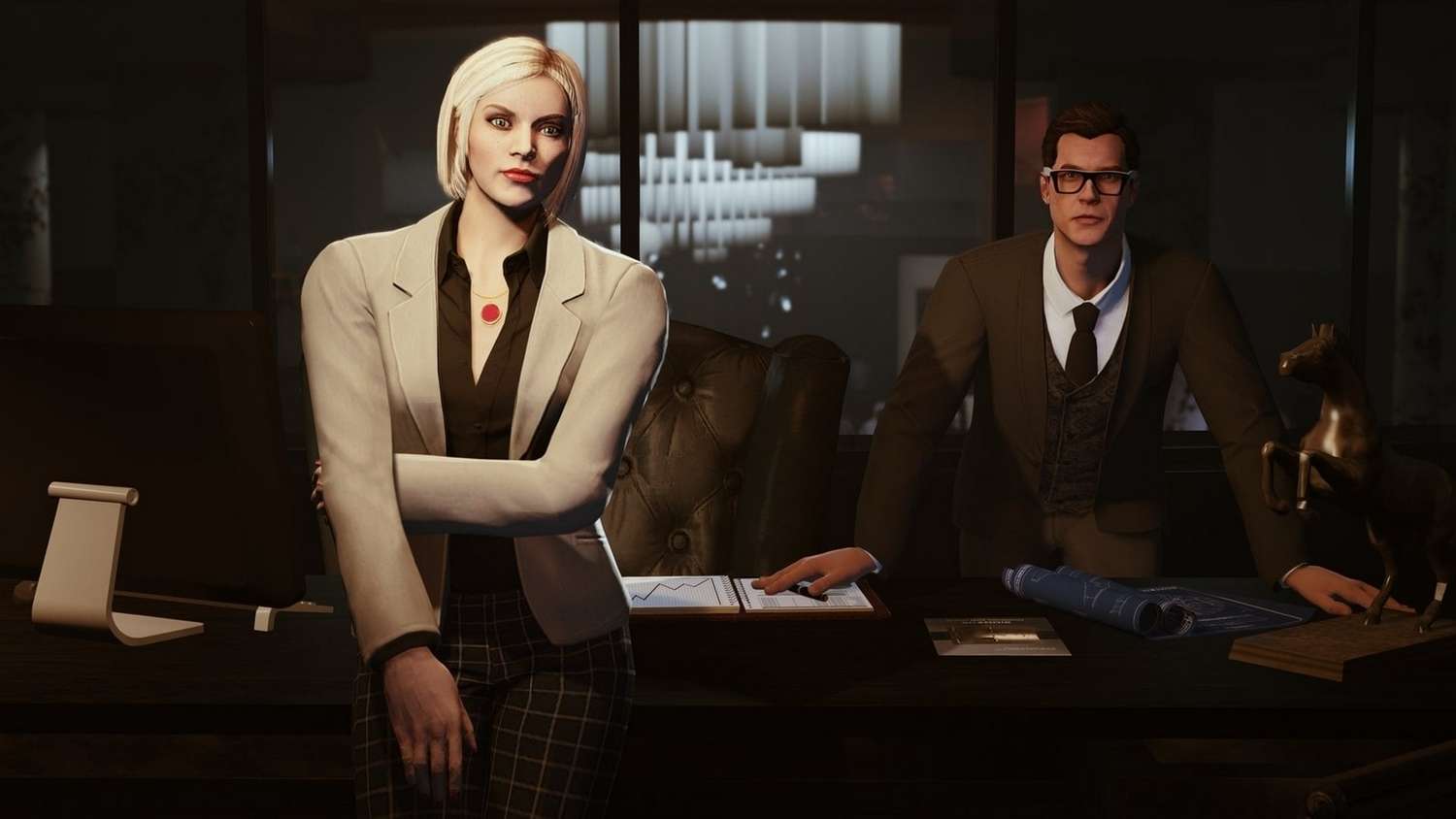Controversial Firings at Rockstar Games Ahead of GTA 6 Launch Spark ‘Union-Busting’ Accusations
Popular Now
 Fortnite
Fortnite
 PUBG Mobile
PUBG Mobile
 Poppy Playtime
Poppy Playtime
 BeamNG.drive
BeamNG.drive
 Brawl Stars
Brawl Stars
 Among Us
Among Us
 EA SPORT FC 25
EA SPORT FC 25
 God of War Ragnarök
God of War Ragnarök
 Fall Guys
Fall Guys
 CarX Street
CarX Street

The development cycle for one of the most anticipated video games in history, Grand Theft Auto VI (GTA 6), has been rocked by significant controversy this week. Reports have emerged detailing the sudden dismissal of dozens of staff members across Rockstar Games’ offices, primarily in the United Kingdom and Canada. This action has drawn immediate and fierce condemnation from workers’ organizations, which label the move as a direct attempt at union busting.
The news, first reported by reliable sources, indicates that between 30 and 40 employees were terminated. Crucially, the Independent Workers’ Union of Great Britain (IWGB) has stepped forward, alleging that all the dismissed individuals were either current members of the union or actively involved in internal efforts to organize a union within the high-profile studio. This development throws a harsh spotlight back onto the often-criticized labor practices within the video game development industry.
The core of the issue revolves around deeply conflicting accounts from the involved parties, creating a major news headline that threatens to overshadow the immense excitement for the upcoming AAA title. This situation presents a critical ethical and labor challenge for the parent company, Take-Two Interactive, and will undoubtedly be a key point of discussion for investors and the broader gaming community as the GTA 6 release date approaches.
The Union’s Stance: Allegations of “Ruthless” Retaliation
The Independent Workers’ Union of Great Britain (IWGB) has not minced words in its public reaction to the firings. Union representatives have categorized the dismissals as a “blatant and ruthless act of union busting,” arguably “the most ruthless act of union busting in the history of the UK games industry.”
The IWGB claims that the terminations are directly related to the employees’ organizing activities, specifically their participation in a private trade union chat group on Discord. The union has further highlighted the potentially devastating impact on some of the former staff, noting that among those dismissed were workers with employer-sponsored visas and others who rely on company-provided healthcare schemes. The IWGB has pledged to fight for reinstatement for every affected member, signaling a potential legal battle that could test UK employment laws regarding worker rights and union activity.
Alex Marshall, President of the IWGB, stated that this action shows “flagrant contempt for the law and for the lives of the workers who bring in their billions,” deeming it “an insult to their fans and the global industry.”
Take-Two Interactive’s Official Counter-Claim: ‘Gross Misconduct’
In response to the severe accusations, a spokesperson for Take-Two Interactive, the parent company of Rockstar Games, has strongly refuted the claims of anti-union activity. The company asserts that the terminations were made “for gross misconduct, and for no other reason.”
This counter-claim positions the events as a matter of internal disciplinary action, entirely separate from any unionization efforts. While neither Rockstar nor Take-Two has provided specific details regarding the nature of the alleged gross misconduct, the timing—where a significant number of employees involved in a private union chat were simultaneously let go—has naturally raised skepticism among industry analysts and the general public. The company spokesperson concluded by reaffirming: “As always, we fully support Rockstar’s ambitions and approach.”
This conflicting narrative forces a critical public debate on the transparency and ethical governance of a company that is preparing to launch a product with projected record-breaking sales revenue and a potential stock price impact.
 Broader Context: Labor Turmoil in a $200 Billion Industry
Broader Context: Labor Turmoil in a $200 Billion Industry
These firings occur amid a period of pronounced instability and scrutiny within the global gaming industry. The sector, despite its massive growth and valuation, has faced continuous reports of widespread layoffs, long-term job instability, and a recurring culture of “crunch”—periods of extreme and mandatory overtime, especially in the final phases of major title development. The pursuit of a collective voice through unionization is a growing trend among game developers seeking better working conditions, greater salary transparency, and protection against sudden job cuts.
- Return-to-Office Mandates: Earlier in the year, Rockstar Games had already faced backlash for mandating a full five-day return to office policy, citing security concerns and a need to boost productivity as GTA 6 development entered its final stages. The IWGB had previously voiced concerns over this mandate, suggesting it could negatively impact employee well-being and act as a precursor to future restructuring.
- Security Concerns and Leaks: It is speculated that the “gross misconduct” claims could be related to security breaches. Rockstar has historically been protective of its intellectual property, and a massive leak of early GTA 6 footage occurred in 2022. The company’s push for a return to the office was partly justified by a desire to tighten security and prevent further leaks of highly sensitive and confidential information.
- Financial Stake: With GTA 6 anticipated to generate billions in profit margins and expected to be a major factor in driving the console sales market, the stakes for a smooth, timely launch are astronomically high. Any disruption, whether from internal labor disputes or external legal challenges, is considered a significant risk to the project’s financial model and the company’s market capitalization.
The Impact on GTA 6 Development and Player Expectations
While the exact roles of the terminated employees have not been fully disclosed by Rockstar, reports suggest that positions across Quality Assurance (QA) and support functions were affected—roles critical to polishing a massive, complex open-world game like Grand Theft Auto VI. The loss of experienced personnel at a crucial juncture in the development pipeline naturally raises questions among the gaming news outlets and consumers about potential impacts:
Potential Concerns for Consumers:
- Quality and Polish: The removal of QA staff, particularly, could affect the game’s final polish, potentially leading to a higher number of bugs or glitches at launch, an unacceptable outcome for a high-value product like GTA 6.
- Release Timelines: Although the official release date for Grand Theft Auto VI is currently scheduled for May 26, 2026, any major internal disruption could put pressure on the timeline. While the core creative and development teams are likely unaffected in large numbers, the morale and stability of the remaining workforce are critical components of a timely and high-quality launch.
- Public Perception: The controversy injects a deeply serious ethical narrative into the pre-release hype, challenging the community’s perception of the studio behind one of the most beloved entertainment franchises globally. This negative publicity could impact the brand loyalty cultivated over decades by the Rockstar Games franchise.
 The situation at Rockstar Games transcends a typical employment dispute; it has become a high-stakes flashpoint in the ongoing global debate about labor rights within the high-profit, high-pressure world of modern game development. The resolution of these “union-busting” claims and the subsequent internal environment at Rockstar will be closely monitored, not just by competitors and industry rivals, but by every entity concerned with the ethics of major tech and digital entertainment enterprises.
The situation at Rockstar Games transcends a typical employment dispute; it has become a high-stakes flashpoint in the ongoing global debate about labor rights within the high-profit, high-pressure world of modern game development. The resolution of these “union-busting” claims and the subsequent internal environment at Rockstar will be closely monitored, not just by competitors and industry rivals, but by every entity concerned with the ethics of major tech and digital entertainment enterprises.









